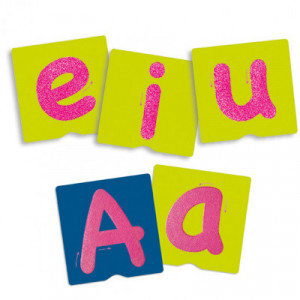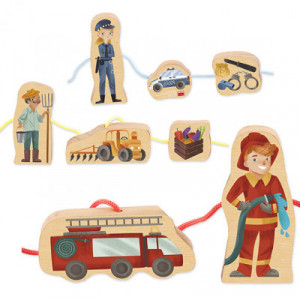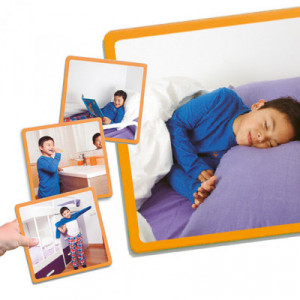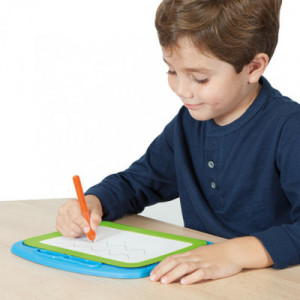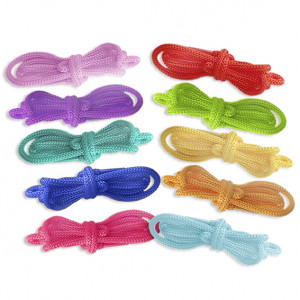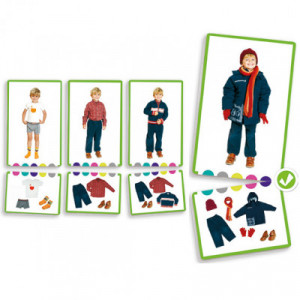Development coordination disorder (Dyspraxia)
Dyspraxia is a difficulty or inability to perform movements that require coordination, precision or speed. Children with dyspraxia have difficulty performing movements that we usually have automated such as tying our shoelaces, opening a door or talking.
The games have to work on the repetition of motor sequences in such a way that the child can gradually automate simple gestures and movements and even progressively make more complex ones. If dyspraxia is verbal, speech muscles will be affected. The work should focus on training specific articulation points, as well as performing bucophonatory movements or orofacial praxias.
These games will help children with dyspraxia to progress in their movements and improve in a fun and entertaining way.

Childhood dyspraxia therapy
When dyspraxia is detected at an early age, symptoms can be minimized and their limitations improved. Dyspraxia never implies limitations in developing a successful life. A notorious case of a child with dyspraxia is the main character in the film adaptation of the Harry Potter saga: actor Daniel Radcliffe. Diagnosed with dyspraxia as a child, his mother interested him in acting as a therapist and presented him for an audition. The result of the hearing is known all over the world.
The treatment of dyspraxia seeks to stimulate the child and improve his or her abilities. Due to its varied symptoms, it requires a multidisciplinary approach with the intervention of specialists in physiotherapy, psychology, speech therapists, pediatric occupational therapists, among others.
Games for the treatment of dyspraxia
Parents, doctors and educators, applying the strategy outlined in the treatment, will get the child to perfect their skills to perform daily activities that are difficult for them. Although the symptom does not disappear, the child is able to develop strategies to compensate for it. When the child overcomes difficulties, his self-esteem grows and he enters a virtuous circle of improvement.
Specific activities for children with dyspraxia seek to sharpen their gross and fine motor skills, solve reading and writing problems and improve their self-esteem.
- Occupational therapy helps the child develop the skills needed to perform daily tasks at home and at school, such as tying his or her shoelaces or learning to eat with silverware. Therapy support involves games such as Maxi secuncias, which teach the child notions about the passage of time. Other games, such as the sequential games about daily tasks or the game to learn how to dress up, help the child learn by playing the exact sequence of how to carry out these small daily challenges.
- Speech therapy focuses on improving symptoms that affect the child's communication with his or her close environment. Akros has a line of speech therapy games based on the logo-bits method for the treatment of speech dysfunction.
- Perceptual motor training improves performance with language, hearing, understanding and movement coordination. Examples of this range of games are ergonomic punches for children to start drawing their first letters, and other pre-written games such as chopping trays.








